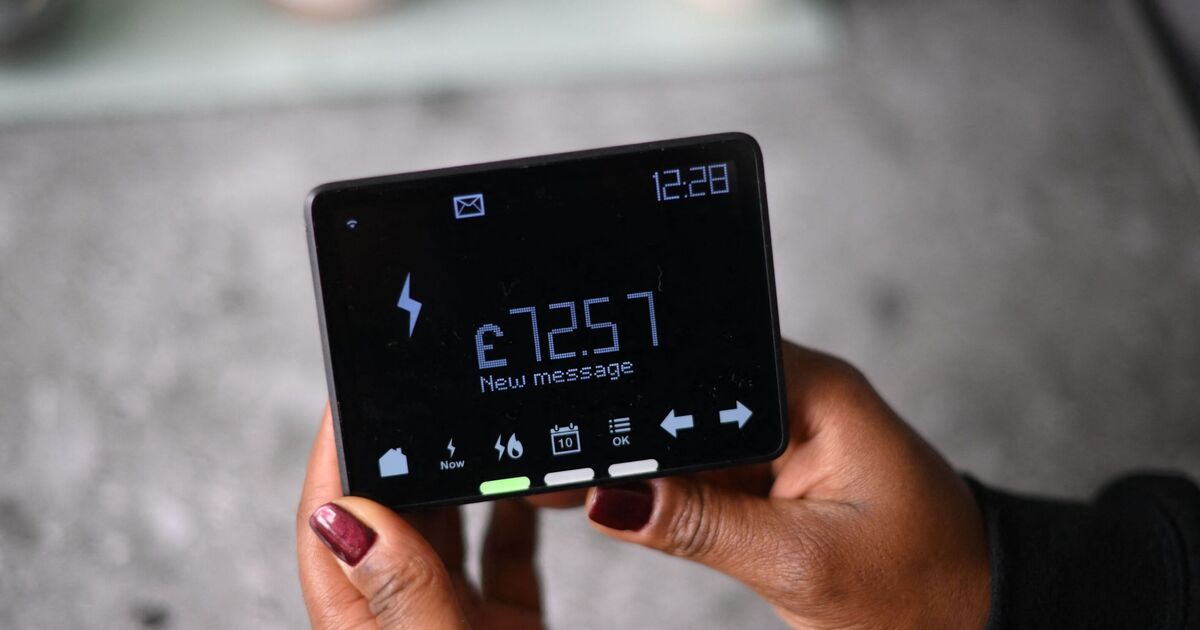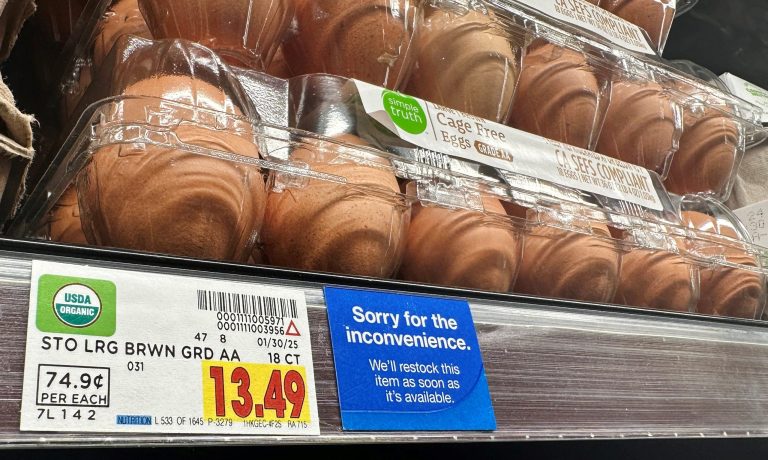
The number of smart meters not working properly has risen by over a million, leaving people frustrated and facing unfair bills.
The total not operating in smart mode has risen from 2.7 million in June to 3.98 million by the end of 2023, according to official figures from the Department for Energy Security and Net Zero (Desnez).
Advocates of smart meters argue they are a far more efficient way to monitor energy use while providing accurate bills.
The devices are designed to provide real-time information to customers and energy firms. They operate by sending information from homes to energy firms via the mobile phone network.
However, the rising number of faulty meters means energy firms aren’t receiving accurate data, leaving households tackling surging bill estimations.
However, huge numbers are now in “dumb mode”, according to moneysavingexpert.com, as they do not connect to the mobile network and so are not providing usage data to energy firms. This means firms are resorting to sending out estimated bills, which can be much higher than is justified.
At the same time, the rollout of household installation is both massively behind schedule and over budget.
Industry experts suggest the reason for the spike in failing smart meters is due to the fact there are better records on the number that no longer work.
Just last week, the money saving expert Martin Lewis condemned the failures of the smart meter programme.
He complained: “The rollout of the smart meters has been a disgrace in this country.
“Twenty percent of them don’t work and meet people with nothing more than a fixed metre which is what you’ve got anyway.
“If it doesn’t work, you’re not necessarily worse off. (But) on a macroeconomic level it has been a terrible rollout.”
Initial estimates suggested the mass installations would cost around £13.5 billion and be completed by 2019. The final bill will be billions higher while completion of the scheme is years away.
Speaking last year, chairman of the House of Commons Public Accounts Committee, Dame Meg Hillier MP, Chair of the Committee, said: “There are functionality issues with many. Millions will have to be replaced when they become obsolete, and the evidence is unclear whether their benefits are even working as advertised.
“On top of this, smart meters have serious reputational obstacles to overcome with the public.”
The meters are central to the switch to renewable energy and new variable price regimes where customers are rewarded for restricting energy of household appliances during periods of high demand.
Energy UK, which speaks for the suppliers installing meters, said technical problems, such as a lack of mobile signals, can be outside their control.
According to Smart Energy GB, a non-profit organisation focusing on the benefits of smart meters, there are now almost 35 million smart meters in Great Britain and the ‘vast majority’ are operating as intended.
It said 88.6 percent were operating in smart mode at the end of 2023, up from 87.3 percent the previous year.






